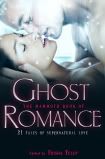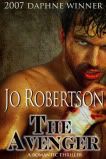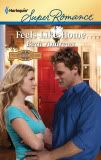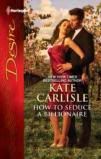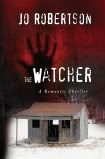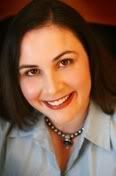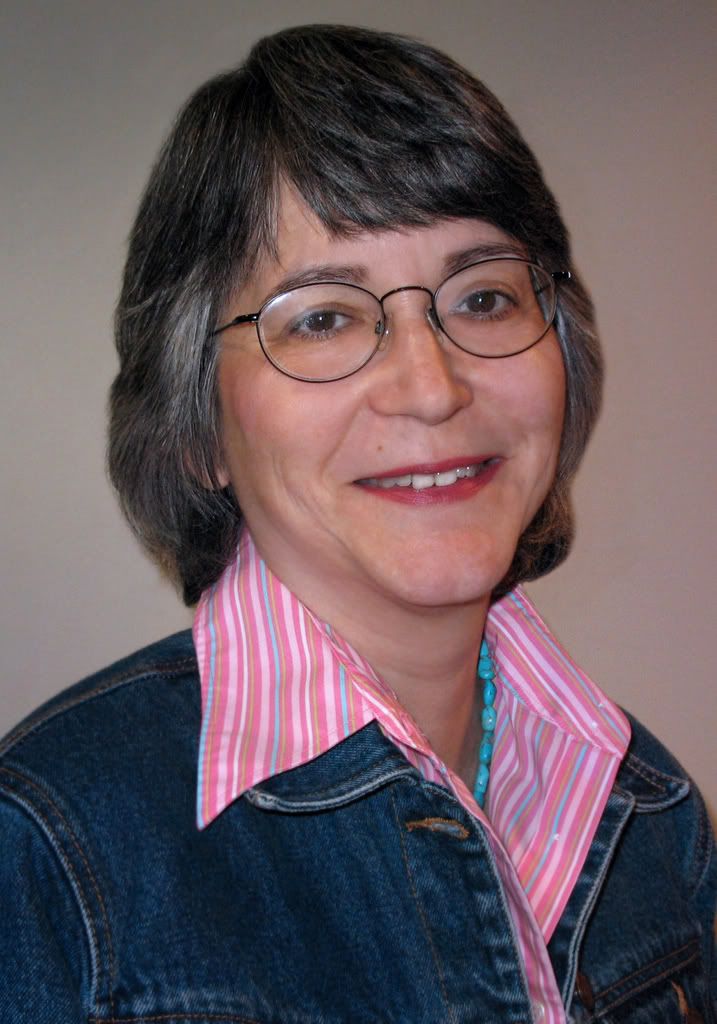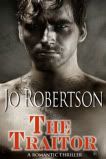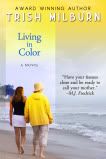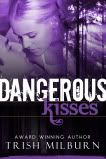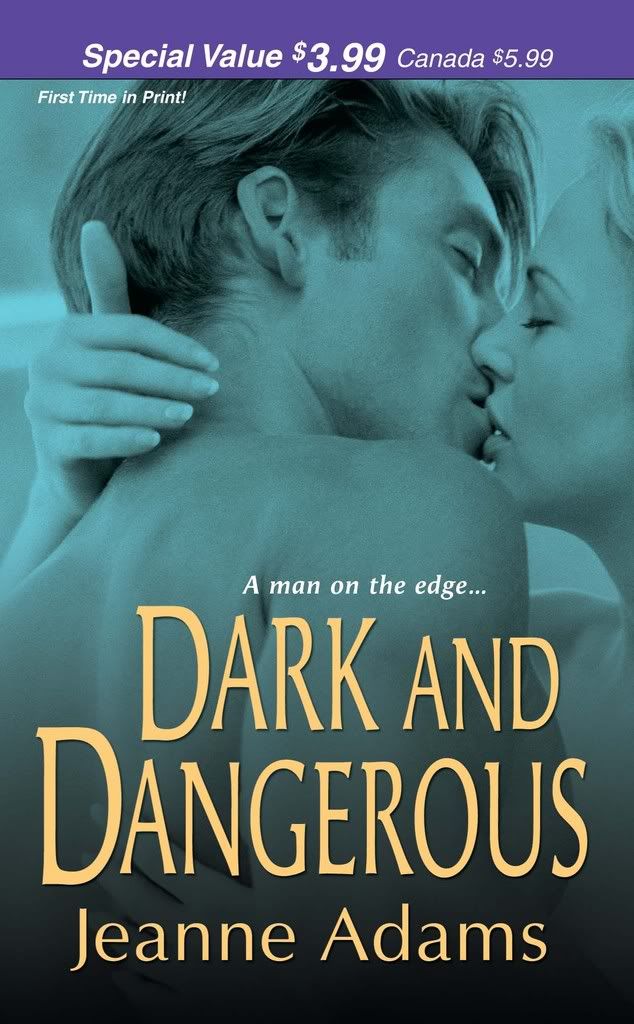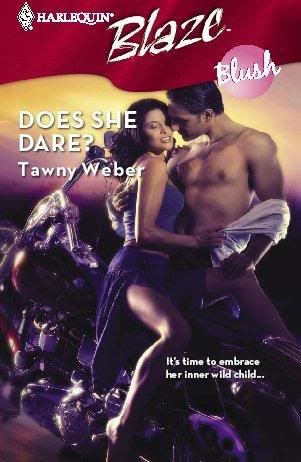
by Nancy
An article in the newspaper reminded me that tomorrow, July 20, is the 40th anniversary of the moon landing. I remember seeing Neil Armstrong step down onto the surface of our planet's nearest neighbor. Even then, with my scifi geekdom in the budding stage, I thought this was way cool. And what took us there was vision. Imagination. The ability to see beyond "can't" to "could" and then "is." A wonderful book about the power of vision to transform one's life is
October Sky by Homer Hickam, which became the moving film
Rocket Boys, starring Jake Gillenhaal and Chris Cooper. The
New York Times quoted Frank Borman as saying that if the moon landing had been more about vision and less about rocks, the space program might've made great strides in the interim. That's probably debatable, but for me, it was always about the vision thing.


Last night, RWA honored its RITA and GH finalists, writers whose visions touched the hearts of judges. They saw what characters "could" be and do, who mined the human potential for love and turned the ore into stories of triumph over emotional pain. As I write this, a week before you'll read it, I don't know who the winners are (will be? were?). On behalf of all the banditas, however, I congratulate them and the finalists. Not everyone can win, but everyone can sell and ascend the bestseller lists, and I wish all of you the best of luck.
The space program and the awards ceremony each resulted from careful planning and a lot of effort, albeit of different types. Sometimes, though, "stuff happens," as the saying goes, and leads to amazing results.
One example of such serendipity is the career of Greg Mortenson. His memoir,
Three Cups of Tea, has been on the
New York Times bestseller list for two and a half years. I attribute this success to the vision of positive change the book offers.


An experienced mountaineer, Mortenson set out to climb K2 in the Himalayas as a memorial to his deceased sister. His climb ended prematurely when a companion developed altitude sickness. Mortenson and another man carried him down the mountain, a trek that left Mortenson in rough shape as well. Disoriented and sick, he wandered away from his group and stumbled into a remote village in Pakistan. The people there took him in, fed him, and put him to bed. When he recovered, they showed him around their village. One of the things he saw was a circle of village children in a field, doing their lessons together--outside because they had no school and together because they had no teacher. And he realized building a school for these children would be a much better memorial to his sister than climbing a mountain.
Getting the school built did turn out to be a steep climb. No one with influence had ever heard of him, and raising money proved to be very difficult. But he did succeed in building the school, for girls as well as boys. As the building neared completion, people from a neighboring village arrived to ask if he'd build a school for them, too. One school led to another and another until building schools in that part of the world became his life's work. A failed effort to climb a mountain led to a vision of what could be and a step forward for some of the world's poorest people.

Two hundred thirty-three years ago, a handful of men in Philadelphia dared to challenge the world's greatest empire and most powerful navy. As Abraham Lincoln said at Gettysburg, they "brought forth a new nation, one founded in liberty and dedicated to the proposition that all men are created equal." As a society, we don't always live up to that ideal, but it's out there as a model, something for us to strive toward. A vision. Granted, those early patriots had help from France, which never missed a chance to bedevil England in those days, but the vision was theirs, and it was so powerful that a French marquis (Lafayette), a German baron (von Steuben), and a Polish count (Pulaski) sailed over to help lead the army. It remains so powerful that Independence Hall is a World Heritage site and people from all over the planet come to see it.


Lucretia Mott, Elizabeth Cady Stanton, and the other women at Seneca Falls, NY, in 1848 had a vision of women controlling their own earnings, making their own decisions as to whether to work outside the home and, most important, helping to choose their nation's leaders. That same vision propelled Martin Luther King's efforts for racial equality and shaped his stirring "I Have a Dream" speech, one of the jewels of American rhetoric. As a result, African Americans count as "whole" people instead of 2/3 in the census, and all Americans of legal age can vote.

Vision doesn't just apply to national affairs but to entertainment and daily life as well. Imagination and science together gave us refrigerators and vacuum cleaners and artificial joints, among other things. An electronics salesman from Germany, Hugo Gernsbeck, was among the first to imagine television. Gernsbeck believed science would produce a utopian world. In his 1920s electronics catalogues, he featured various products and wrote commentaries on their potential. He coined the term "scienti-fiction," which became "science fiction," and helped create fandom via his magazine
Amazing Stories. The SFWA Hugo award is named for him.
Amazing Stories was most popular among geeky boys, possibly including two kids from Cleveland, Ohio, Jerry Siegel and Joe Shuster. And if you're a true geek, you know that Siegel and Shuster created Superman and spawned a comic book genre beloved by millions around the globe.

Walt Disney looked at the potential for electronics differently, applying it to sound recording and animated movies. He believed in it so strongly that he sold his car to pay for re-recording the sound on his landmark cartoon,
Steamboat Willie. A visit to Coney Island, which was then declining in popularity, convinced him there was an appetite for rides and imaginative entertainment, especially if delivered by cheerful staff in a clean environment, and he shared Gernsbeck's belief in technology as a way to deliver a better life. Exhibits in Tomorrowland still explore that possibility.
Those exhibits rely on computer technology, which owes many of its advances to two geeky kids who rose from obscurity to become gurus of the computer world--Bill Gates of Microsoft and Steve Jobs of Apple. We can argue about evil empires and overpriced gadgets, but vision carried both of these men to the top of their field and provides convenience (along with occasional bewilderment and frustration) to millions of people.
Another business icon frequently mocked is Martha Stewart. We the homemaking-challenged don't relate very well to Martha but can still admire her talent. She realized there was a market for ways to make life easier or prettier or tastier and built an empire showing people how to create gorgeous lifestyles. She offered a vision of a nicer, more comfortable life that many people loved. Everyone now marketing homemaking product lines, magazines, and cookbooks is following in Martha's footsteps.

Also mocked despite booming business is romance fiction. If you've watched some of the YouTube videos about romance succeeding in the economic downturn, you may have shared my desire to send a really muscular, well-armed hero or kick-ass heroine to have a word or two with the TV people. But not everyone sees romance as something to apologize for. In 1980, 37 writers shared a vision about romance and came together to form an organization supporting a genre the world at large dissed. And still does. In Houston, Texas, Romance Writers of America was born. And here we all are, as the saying goes, in or trying to be in the business of romance.

Two business owners from Ohio achieved something that changed the way people travel. At Kitty Hawk, North Carolina, Orville and Wilbur Wright doggedly pursued a vision dating back to Da Vinci and beyond, the idea that human beings might fly. One December day in 1903, their glider "slipped the surly bonds of Earth," as RCAF Flight Officer James Gillespie Magee expressed it, for 12 seconds. Aviation was born. Climbing the hill to the Wright Brothers memorial requires fighting high winds all the way. Sand blows from the beach and the dunes, a stinging bombardment at times. The National Park Service site is a great place to fly a kite if the opportunity arises, just FYI. Dealing with that wind demonstrates why the Wrights found Kitty Hawk so suitable for gliders.

North Carolina and Ohio battle over who can legitimately claim to be "first in flight" and "birthplace of aviation," as our license plates state, with Ohioans noting that the flight took place at Kitty Hawk but a lot of the groundwork was done in Dayton, at the Wrights' bicycle shop. There's a replica of the 1903 glider at Kitty Hawk, but the original is in the Smithsonian. I hope to see it between the time I write this and you read it. Pieces of wood and fabric from the original plane went to the moon with the Apollo 11 astronauts.
And that little factoid brings this blog full circle. What visionaries do you admire? Who looked beyond "don't" and "can't" to "could" and then to "is?"
I'm traveling today and hope to be home mid-to-late afternoon. So be please don't think I'm ignoring your comments. I promise I'll respond as soon as I can. I'm giving away a package of books, which I can't name because I don't have them at the time I'm writing this, from RWA to one commenter today.
 So I guess you've all been waiting to find out the winners of the Alyssa Day book giveaways, right? Well here it is!
So I guess you've all been waiting to find out the winners of the Alyssa Day book giveaways, right? Well here it is!
















 In 1919, 99% of Americans did NOT have a car. A statistic now reversed.
In 1919, 99% of Americans did NOT have a car. A statistic now reversed.






.jpg)


















